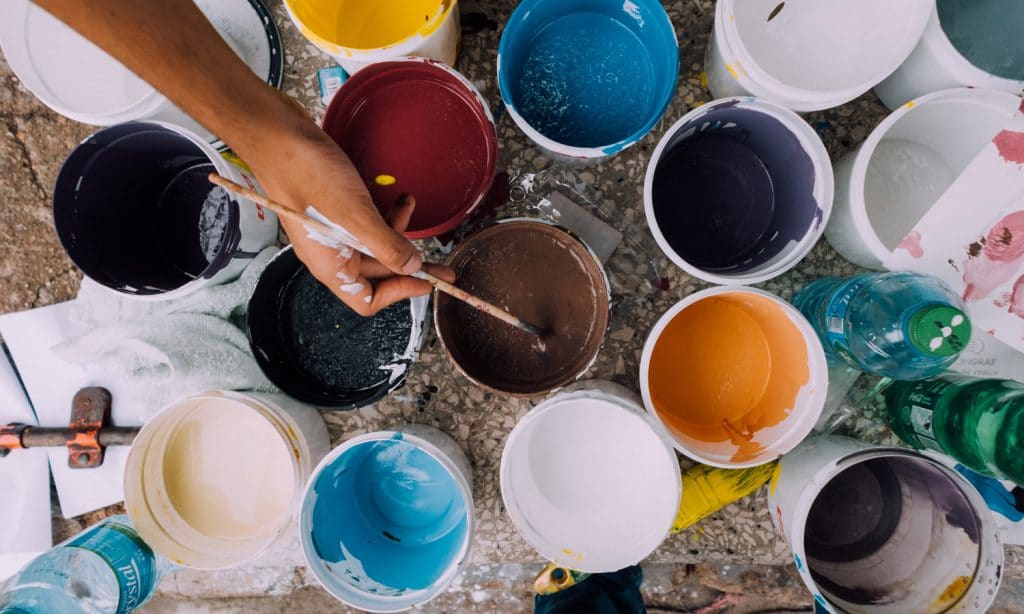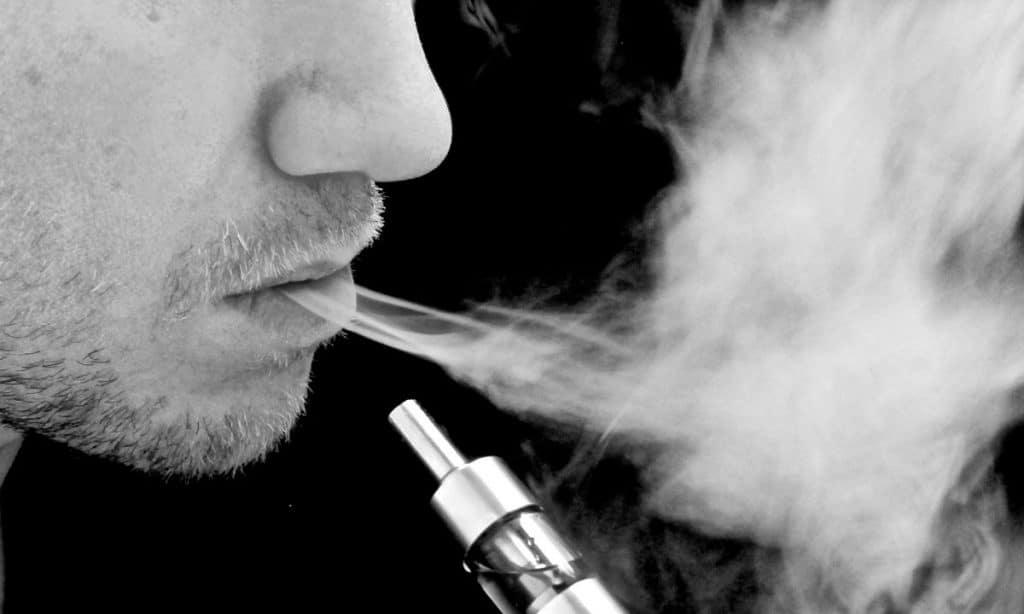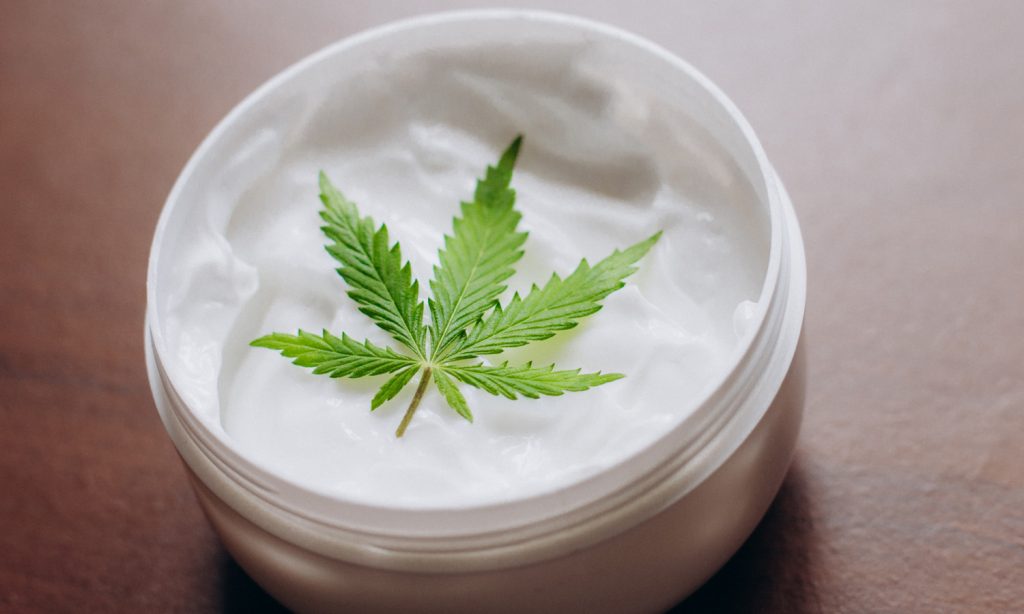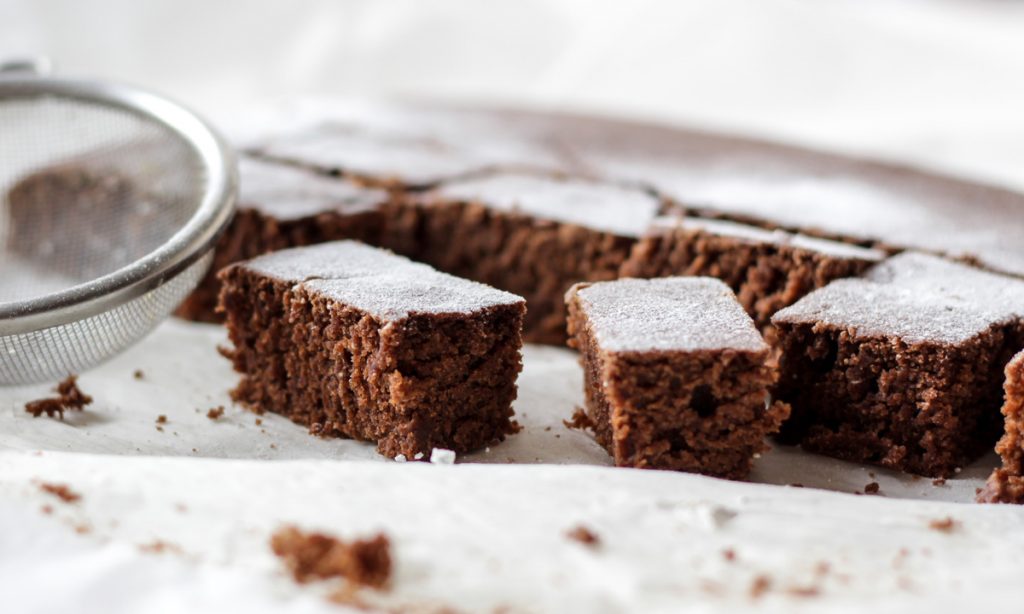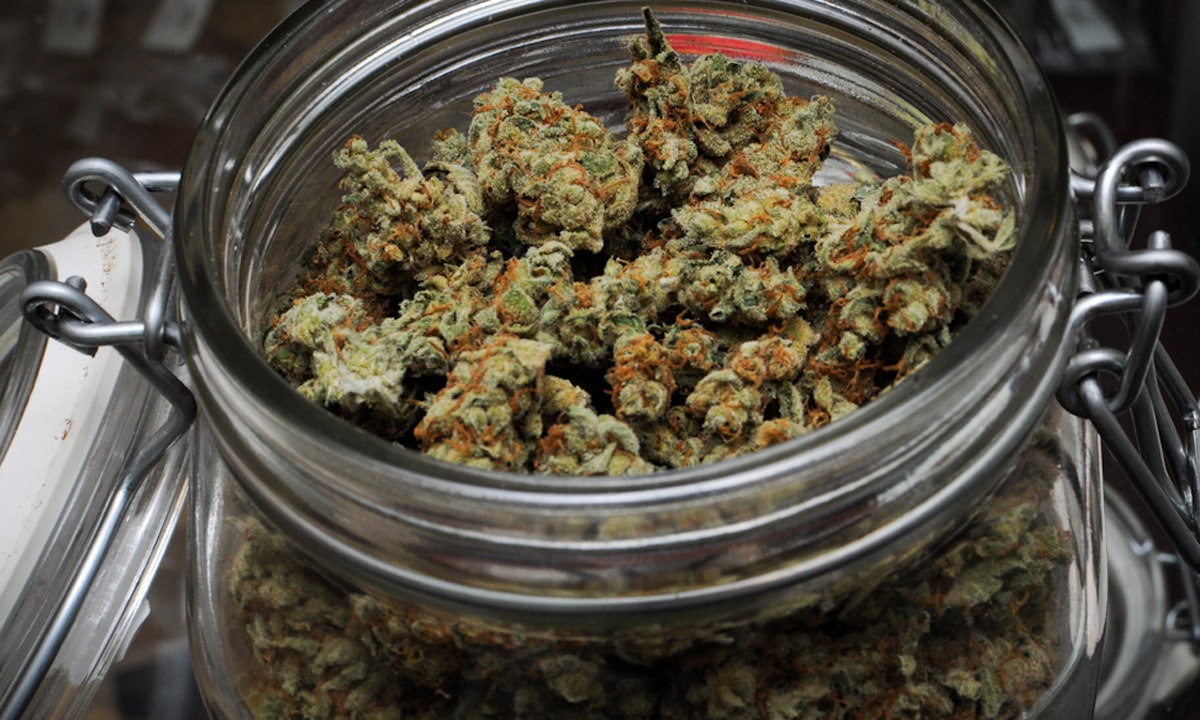With a plethora of cannabidiol (CBD) beverages in the marketplace, it surprises some to learn they are technically illegal. It is not a gray area, nor is it something some states allow. They are illegal, but they are out there. In fact, the CBD drink category had more new product introductions than any other no-alcohol, ready-to-drink beverage category in the first quarter of 2020, according to Beverage Marketing Corp.
Derived from hemp or marijuana, both part of the herbaceous flowering plant known as Cannabis sativa, CBD is a non-psychoactive compound known for its health and wellness properties. Consumption is associated with relaxation, pain relief, improved sleep, positive mood, better memory and stress response. It is not to be confused with delta-9-tetrahydrocannabinol (THC), the compound responsible for the feeling commonly referred to as “stoned.”
In the United States, as of Dec. 20, 2018, hemp-derived cannabis ingredients with less than 0.3% on a dry weight basis of THC may be sold in commercial consumer products such as tinctures or extracts. The US Food and Drug Administration does not recognize CBD as a food or beverage ingredient nor as a dietary supplement; however, the agency is currently not stopping its use in most cases, and innovators are taking their chances.
“The CBD-infused beverage market is currently in limbo as the federal government has yet to issue final guidelines on whether CBD is permissible in food and drink, and, if so, at what dosages,” says Gary Hemphill, managing director of research at Beverage Marketing Corp. “Initial hearings were held in spring 2019, but there still has been no guidance, hampered not only by the inherent slowness of government but also other issues taking obvious priority.
“A recent FDA report seemed to splash further cold water on the segment, claiming that about half of products contain more than 0.3% THC by dry weight, but are not identified as containing THC on labels, and that a majority of the products it tested contained either 20% less or 20% more CBD than what is stated on labels.”
